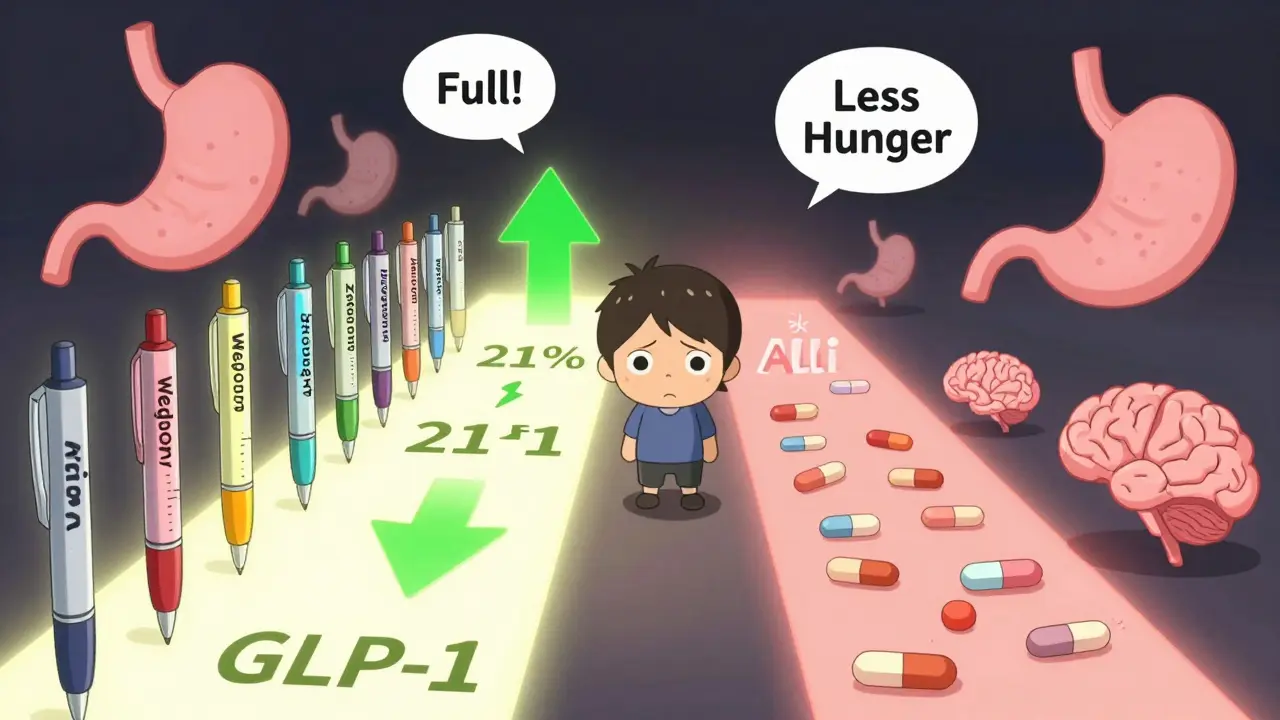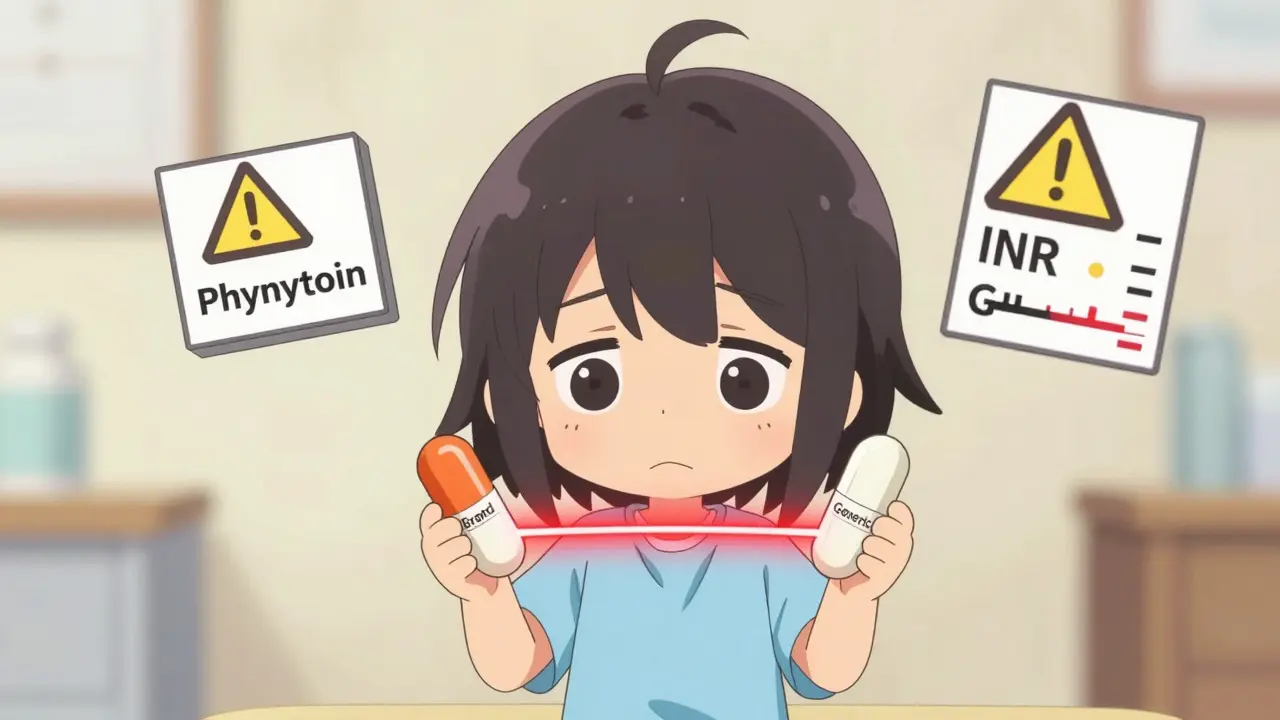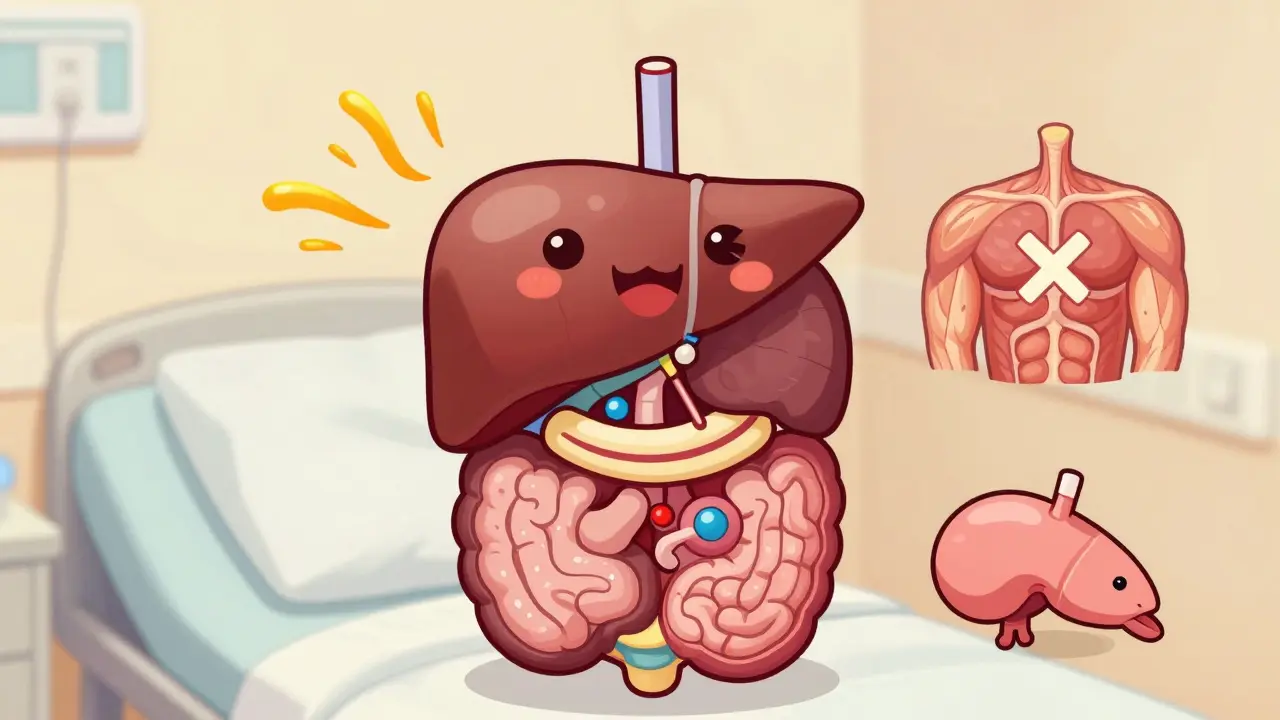Heart Failure Medication: What You Need to Know
When working with heart failure medication, drugs prescribed to improve the heart’s pumping ability and ease symptoms of heart failure. Also known as HF meds, it plays a crucial role in keeping patients active and out of the hospital. Understanding heart failure medication can feel overwhelming, but breaking it down into its core groups makes it manageable. Below we’ll walk through the most common classes, why they matter, and how they fit into everyday treatment plans.
Key Types of Heart Failure Medication
ACE inhibitor, a drug that relaxes blood vessels and lowers blood pressure is often the first line of therapy. By blocking the conversion of angiotensin I to angiotensin II, it reduces the strain on a weakened heart. This class encompasses drugs like ramipril and lisinopril, which have been shown to lower mortality rates. Patients usually start at a low dose and increase slowly to avoid cough or elevated potassium.
Another cornerstone is the beta blocker, medication that slows the heart rate and reduces workload. Beta blockers such as bisoprolol, carvedilol, and metoprolol are prescribed once the patient is stable on ACE inhibitors. They require careful titration because too much reduction in heart rate can cause fatigue. When used correctly, they improve heart muscle function and cut the risk of sudden cardiac death.
To combat fluid buildup, doctors rely on diuretic, a medication that helps the kidneys expel excess water and salt. Loop diuretics like furosemide or thiazide‑type agents are common choices. They enable patients to breathe easier, reduce swelling, and keep blood pressure in check. Monitoring electrolytes is vital, as aggressive diuresis can lead to low potassium or magnesium.
In recent years, ARNI, angiotensin receptor‑neprilysin inhibitor that combines two mechanisms to improve heart function has entered the scene. The drug sacubitril/valsartan mixes an ARB with a neprilysin blocker, offering superior outcomes compared with traditional ACE inhibitors for many patients. It influences both blood pressure and neuro‑hormonal pathways, leading to better exercise tolerance. Starting an ARNI usually means switching from an ACE inhibitor after a short wash‑out period.
Beyond the drug classes, adherence is the hidden hero of heart failure care. Taking each pill at the right time, tracking weight changes, and keeping up with lab tests create a feedback loop that lets clinicians adjust therapy quickly. Missing doses or stopping a drug abruptly can undo weeks of progress, so setting reminders or using pill organizers is a smart move.
Cost is another real‑world factor many patients face. Generic versions of ACE inhibitors, beta blockers, and diuretics are widely available and can be ordered safely from reputable online pharmacies. Knowing how to spot a legitimate pharmacy—checking licenses, reading reviews, and confirming a prescription requirement—helps you save money without compromising safety. This mirrors the advice in our guides about buying cheap generic Lipitor or gabapentin online.
Now that you’ve got the big picture, the articles below will dive deeper into each medication, compare brand‑name versus generic options, and offer practical tips for side‑effect management. Whether you’re starting a new regimen or fine‑tuning an existing one, the resources ahead will give you the confidence to manage heart failure medication effectively.





